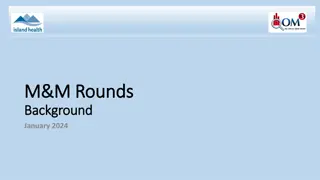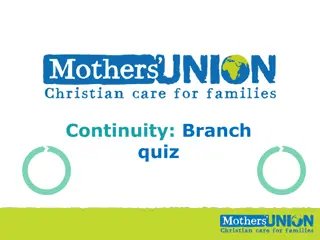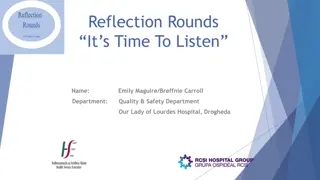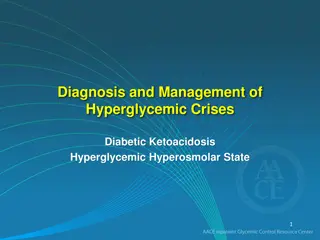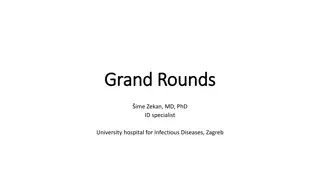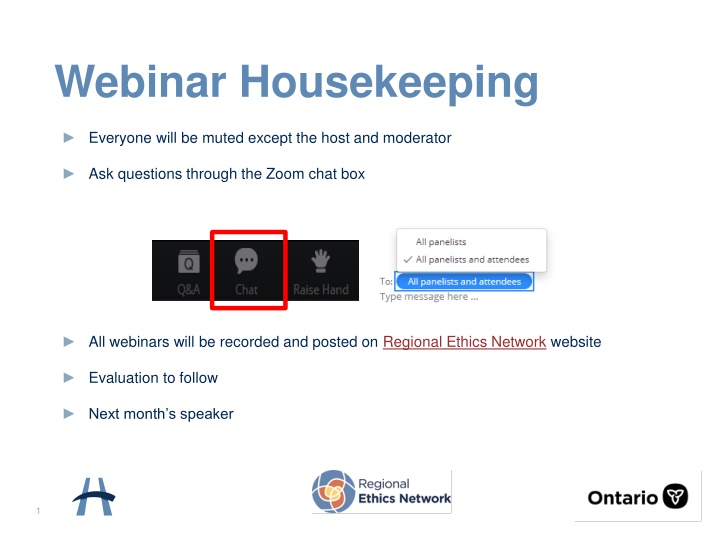
Ethical Considerations in Informed Consent and Safe Supply Management
Explore the complexities of informed consent in the context of a safe supply program for vulnerable individuals in Ottawa. Dive into ethical implications, scenarios, and moral distress to enhance your understanding of this critical issue.
Download Presentation

Please find below an Image/Link to download the presentation.
The content on the website is provided AS IS for your information and personal use only. It may not be sold, licensed, or shared on other websites without obtaining consent from the author. If you encounter any issues during the download, it is possible that the publisher has removed the file from their server.
You are allowed to download the files provided on this website for personal or commercial use, subject to the condition that they are used lawfully. All files are the property of their respective owners.
The content on the website is provided AS IS for your information and personal use only. It may not be sold, licensed, or shared on other websites without obtaining consent from the author.
E N D
Presentation Transcript
Webinar Housekeeping Everyone will be muted except the host and moderator Ask questions through the Zoom chat box All webinars will be recorded and posted on Regional Ethics Network website Evaluation to follow Next month s speaker 1
Consent in the Community: Life-Saving Treatment vs. Informed Consent Nikolija Lukich, MA, PhD
Objectives Learners will be able to identify scenarios where informed consent may not be truly informed Learners will be to discuss the differences between consent and assent and their ethical implications Learners will be able to recommend prioritization considerations in ethically-challenging cases Learners will be able to support fellow colleagues through mutual understanding, when moral distress arises. 4
Agenda Review the case that started this conversation Examine the concept of Informed Consent Where are we seeing this debate occur? Discuss and address the moral distress in these situations 5
The Case that started it all Ottawa has a safe supply managed opioid program, which treats the city s most vulnerable individuals, those who are most mentally ill and most addicted with the goal of preventing overdose deaths Before beginning on the program, a patient must give informed consent and indicate that they understand the risks and benefits of the treatment, and sign a contract confirming this. Part of the contract does indicate that they have to come in for treatment and the safe supply may be discontinued if they do not come in for a set number of appointments The team may also request that the patient takes psychiatric meds alongside the treatment 6
The Case that started it all Situations arose where patients would miss treatment sessions, and staff would have to determine whether to continue to provide opiates if they came back, or whether to withdraw them from the program, causing distress Questions arose about whether the patient provided truly informed consent at the start of the program, or whether they simply agreed in order to receive the treatment It is difficult to address severe mental health, addictions, and trauma in the context of life-saving care 7
Informed Consent: Capacity The HCCA requires the patient to understand and appreciate the decision they are making Understand the relevant information Appreciate reasonably foreseeable consequences of their decision or lack of decision 8
Informed Consent: Capacity Capacity should be determined before each decision requiring consent Decision-specific (different decisions have different thresholds) Time sensitive (waxes and wanes) Decision must come from the patient or their SDM 9
Informed Consent: Capacity Cognitive aspect Capable of informed and voluntary consent = Proceed (or not) with treatment Appreciation aspect Communicates clearly Ability to think rationally 10
Informed Consent Consent is informed when: The patient receives the information that a reasonable person in the same circumstances would require in order to make a treatment decision The patient receives responses to their requests for additional information about those matters The patient says yes Has to be a voluntary yes Implicit or Explicit Has to be informed Free from external constraints (ex. Family pressure) Free from internal constraints (ex. Chronic mental health) Nature of the treatment Risks and benefits Burdens Alternative treatment options 11
Informed Consent in the Context of Harm Reduction How do we assess the capacity of those with severe mental health disorders and severe addictions? Are these individuals providing implied consent by showing up for their intake appointment? When providing the opportunity for life-saving treatment, how detailed of a conversation should be held? Does the patient need to reiterate the consequences of not showing up? Do they need to repeat information over a period of time to demonstrate capacity Are we projecting our own values as providers if we do not follow normal consent procedures (ie provide services even if patient is not fully capable? 12
Consent vs Assent Consent: meets HCCA requirements to make one s own decisions (or given by SDM) Assent: agrees to a decision that is already made (ex. Children, incapable individuals) In the context of harm reduction, should the difference between consent and assent matter? For example, consenting by signing the contract but not caring about the requirements in order to get the treatment 13
Informed Consent in the Context of Harm Reduction Who is responsible for assessing capacity when obtaining informed consent? Are staff trained in mental health and addictions capacity assessments? Are specialist physicians available? SDM availability? Is there a different threshold in capacity for these decisions? 14
Upholding Autonomy Individuals wait for spots in these programs for a long time, and when their time comes, they are often willing to agree to anything in order to receive the treatment If someone has questionable capacity, but does consent to life-saving treatment, should we accept the consent and proceed, or do a capacity assessment? Will the patient ever have capacity? Do they actually have capacity to make this decision, since they are able to recognize that it will help them reach their end goal? 15
Further Examples Safe supply programs or managed opioid/alcohol programs Harm reduction practices COVID-19 vaccines Incentivizing (ex. COVID-19 testing and surveillance) Hospital treatment (what if we don t ask questions? Does agreeing = informed consent) What are your experiences? 16
Back to the Case Example Questions that arose from the case: How should capacity be assessed in these patients? Does it need to be assessed formally? Is it ethical to stop providing opiates if they have already been starting (due to lack of compliance)? Should there be consequences for not following the rules or do we continue to support people because of their circumstances? Should they go back on the waitlist? 17
Moral Distress We know that staff who work in mental health and addictions are at risk to experience moral distress and moral injury How can we best support these staff who do valuable work? Distinguishing burnout from moral distress Acknowledging repeated moral injury and the lack of time to reflect Encourage open communication and debriefing Engage staff regularly in moral distress education 18
Ethics Education Series for Community Service Providers Use Raise Hand feature, or type question in chat box If we didn t get to your question, please forward to: regionalethics@HHSC.CA 19
Contact Information Nikolija Lukich Regional Ethicist Champlain Centre for Health Care Ethics The Ottawa Hospital nlukich@toh.ca 613-798-5555 x19925 20



